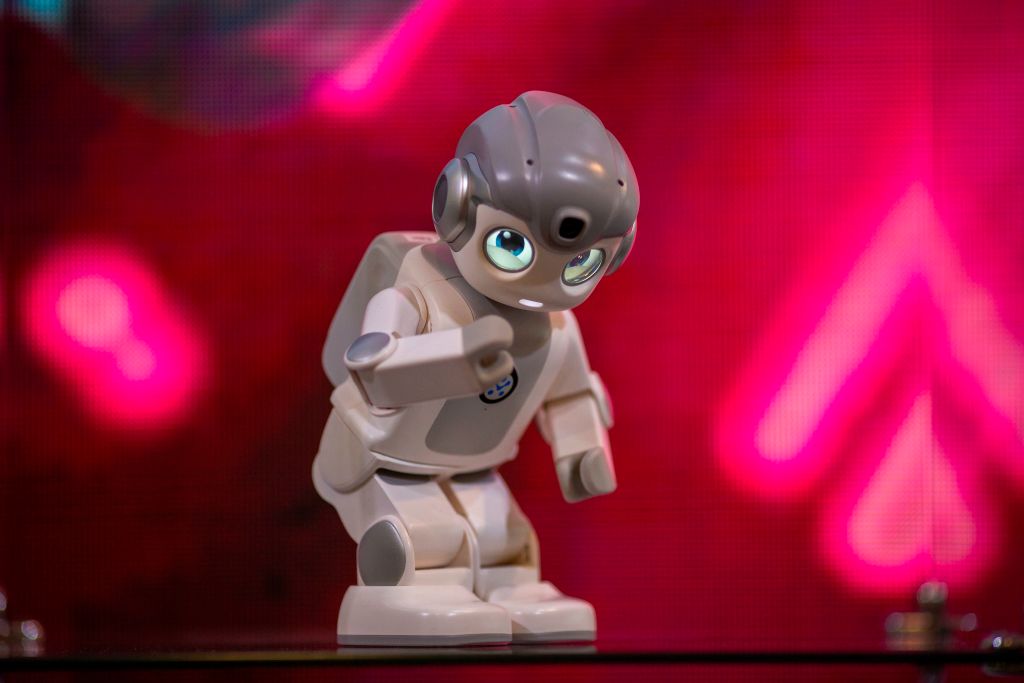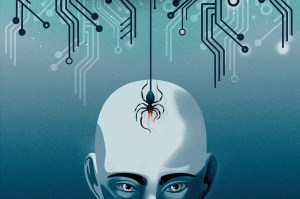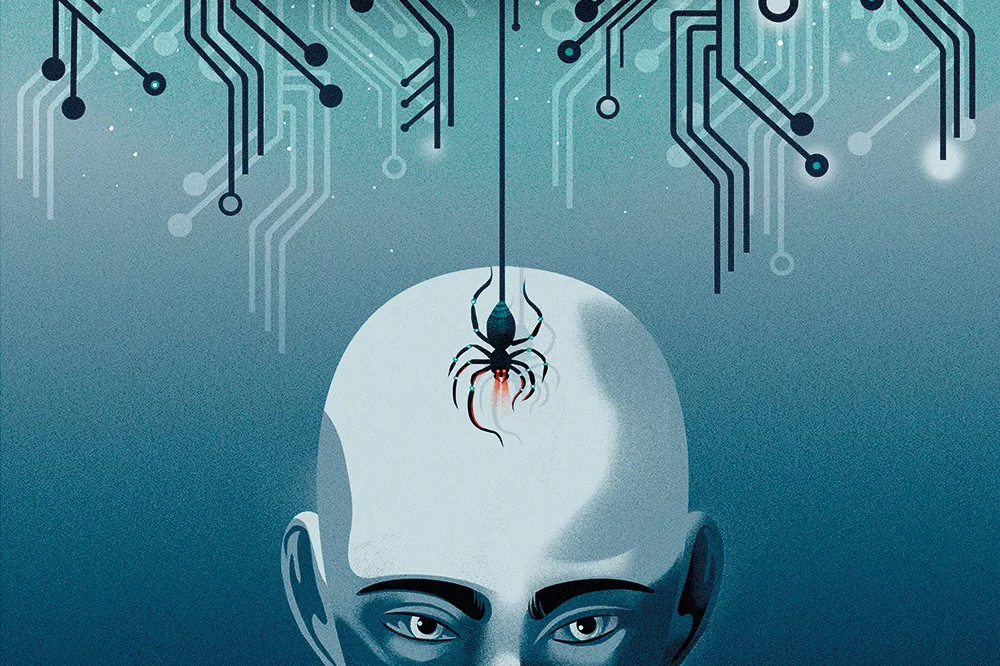The decision by Microsoft to invest $1 billion in OpenAI, a company jointly founded by Elon Musk, brings closer the time when machines threaten to replace humans in any tasks that humans do today.
OpenAI, which was founded just four years ago, has pioneered a range of technologies which have pushed the frontiers of massive data processing in defiance of the physical and computer capabilities that governed such developments for generations.
Now, with the investment from Microsoft, the pace of technological change is likely to accelerate rapidly. Today, Artificial Intelligence is at a level of what is known as ‘weak AI’ and relies on humans to create the algorithms which allow for the crunching of massive amounts of data to produce new and often predictive results. Artificial General Intelligence, or Strong AI, will herald a new era when robots will essentially be able to think for themselves.
AGI will allow for machines to solve any task normally carried out by a human but will also link those tasks across multiple disciplines to create innovative solutions. As OpenAI puts it, AGI will combine the skills of Curie, Turing and Bach. Elon Musk himself has always feared that AGI could threaten the future of humanity by making humans largely irrelevant to the robots’ future.
;768:[300×250,336×280,320×100];0:[300×250,320×100,320×50]”]This kind of dystopian world has been beloved of science fiction writers for years and has formed the backdrop to such television programs as Westworld and Black Mirror. Now that reality comes a step closer, although just how fast this future approaches is unknown. What is known is that the pace of AI change is accelerating exponentially with the potential of a sudden shift in the balance of power between humans and robots likely within a generation.
One illustration of this is to imagine the theory of evolution as a staircase, at the bottom of which is a worm and around half way up is a monkey which has evolved over millions of years. Just above the monkey is a human who can describe in detail to the monkey how his world works – going to work, driving a car, eating in a restaurant. The monkey understands almost nothing and can only hold out its hand for another banana.
Today, the AI robot is below the human on the evolutionary ladder with the intelligence of a three-year-old. But one day, the robot moves from Weak AI to Strong AI. In the morning it has an IQ of 100, but by lunchtime, it’s 300 and by supper it’s 2,000. Then the robot looks down at the human and explains about its world. The human understands almost nothing and can only hold out its hand for another banana.
Recent AI developments include the ability to defeat even the best professional players at many online games, robotics with human-like dexterity and software programs that can write short stories or write a play songs using multiple instruments across many different genres. All these developments and many others that are still under development require massive computational power that each year pushes the limits of what is known to be possible. That in turn requires major capital investment which is where Microsoft comes in.
Already, Microsoft has its Azure cloud computing platform and the new partnership will create Azure AI where Open AI does the product creation and Azure AI develops those products and sells them to a wide range of clients around the world.
;768:[300×250,336×280,320×100];0:[300×250,320×100,320×50]”]OpenAI has been a forceful advocate for ethical developments in AI to ensure that both safety and clear benefits to society govern all new AI applications. This lobbying has had little impact across the world as AI developments continue without any kind of global regulatory environment.
Microsoft’s partnership with OpenAI is in part a competitive response to Google’s $500m investment in UK-based firm DeepMind. Like Open AI, DeepMind has used massive computing power to push big advances in gaming and medicine but continues to rack up significant losses for its parent company.
Both Microsoft and Google clearly believe that to remain competitive in the AI arms race is critical to their future success and they both want to be central to the development of the thinking machine.

























